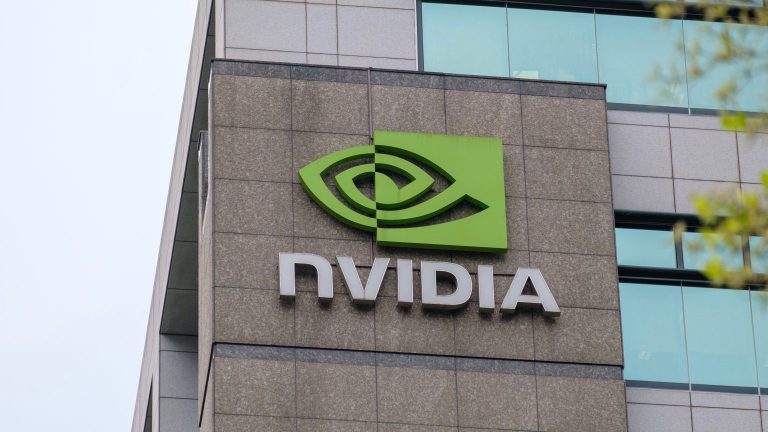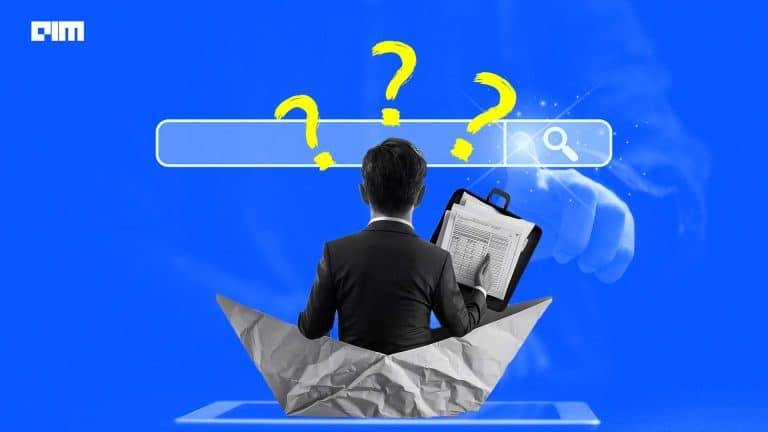In a recent blog, the AI expert Gary Marcus, who stood by Sam Altman at the US Senate hearing last year, expressed concerns about OpenAI, listing out a bunch of serious challenges that the ChatGPT maker might face this year.
“As a scientist and technologist, who has watched the company for a long time, I see a long list of challenges for the company this year,” said Marcus, sharing the 9.9 problems that OpenAI might face this year.
Legal Troubles?
Marcus acknowledges that OpenAI is the key player when we talk about the future of AI. However, that distinction comes with a lot of criticism and as he puts it, OpenAI would “remain under a microscope henceforth”.
When it comes to the NYT lawsuit, it is just the first of the millions that are going to come along, he writes. People have been calling the lawsuit as the one that finally moved OpenAI to respond to a lawsuit for the first time as it provided the proof of ChatGPT being trained on the publisher’s data – a classic case of copyright infringement.
Meanwhile, OpenAI has now been making deals with publishers such as AP, Axel Springer, American Journalism Project, and NYU, paying $1 million to $5 million to publications for licensing their articles.
It does look like the deal went kaput with NYT since the news publisher had approached Microsoft and OpenAI for a resolution in April, but nothing substantial came out in the end. On the other hand, NYT has also partnered with Google for the same reasons.
Now, Altman has said that OpenAI does not need to use NYT data to train models anymore. “Some people want to partner with us, some don’t,” said Altman.
The only thing that might take a hit because of this is OpenAI’s profits as it could end up paying for the infringements. The company has accepted that it would be almost impossible for AI to get trained adequately without copyright materials. That means it has to end up paying the amount to either accept the licence material or pay the fine.
On the contrary, money may not be that big a deal for OpenAI as it has been going through several rounds of funding. According to latest reports, it is looking to raise funds for a valuation of $100 billion. With Microsoft backing the company, OpenAI may end up not caring much about paying off the allegations, if proved correct.
Profit, moat, and technology
OpenAI has it all. Though not currently, the company is definitely on the road to being profitable soon. The company was operating at a loss for the longest time since it developed ChatGPT. Now, even though it is spending billions of dollars for training GPT-5, it said in December that it recently topped $1.6 billion annualised revenue because of ChatGPT.
When we said that OpenAI is as good as its next model, we meant it. Currently, Google is about to release Gemini Ultra and Meta is on its way to release open source Llama 3, which admittedly is on par with GPT-4, but OpenAI could just release GPT-5, which would overshadow both these models. Interestingly, the company can also decide to open source one of its older models, such as GPT-4, to please the open source community.
The concerns regarding hallucinations and expert claims that generative AI might soon reach a plateau hold true for all the offerings around the globe. OpenAI would still be the leader when it comes to building these models, and being the innovative and forth-running company, it would come up with different solutions, in completely different verticals.
Though as the generative AI landscape is diversifying and people are different providers to backup plans, the same is the case with any other provider of any other technology. For example, Apple is still the most successful company regardless of hundreds of competitors rising in the market.
Though, the tensions will remain
At the WEF 2024 conference in Davos, Altman said that he still does not know for certain what Ilya Sutskever is doing at OpenAI, hinting that still may be trouble brewing among the board members and the team in general. The tussle between being an altruistic non-profit organisation or going for-profit is out in the public, which is going to be a concern for the company in the year.
And this comes when, as Marcus pointed out, the FTC has developed a strong interest in OpenAI with concerns about privacy and security, adding to the several leak reports. Moreover, the most recent ‘Inquiry into Generative AI Investments and Partnerships‘, that was issued to Alphabet, Amazon, Anthropic, Microsoft, and OpenAI, is definitely going to push OpenAI to keep all of its investments and secrets in order.
But as uncle Marcus concluded, these tensions are not exclusive to OpenAI. Though it might remain in the focus, it might be better off than others. Though the valuations might drop, nothing substantial is going to affect the hottest AI startup.
He also forgot that OpenAI is not built by a bunch of 24-year old programmers, but as the recent openings suggest, the company is trying to woo in a bunch of young talent.
































